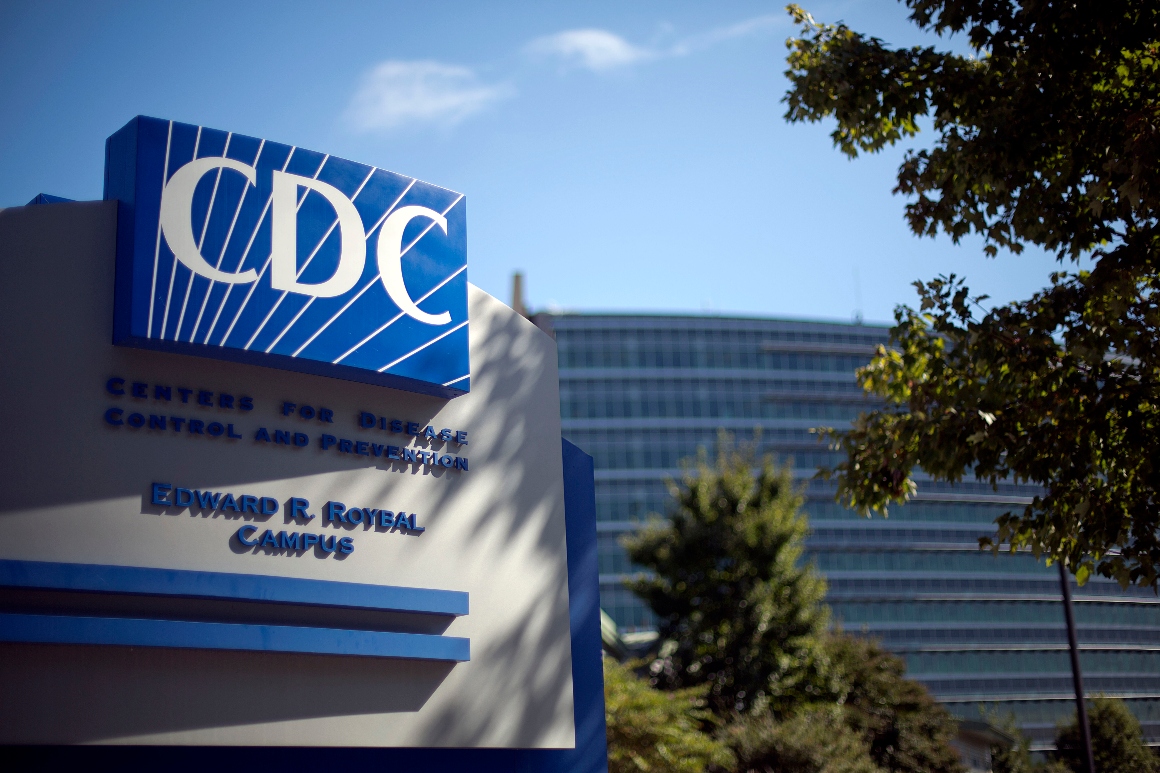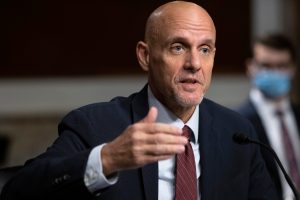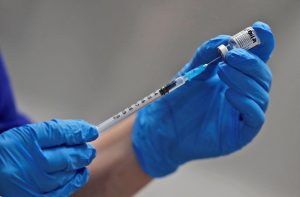A CDC advisory panel has endorsed the use of Pfizer’s coronavirus vaccine for Americans 16 years and older, one of the last steps before the first Covid-19 shots to go into arms.
The independent committee unanimously voted to recommend the shots, with 11 members voting in favor and three people recusing themselves due to conflicts of interest.
CDC Director Robert Redfield then has to sign off on the recommendations from the independent panel, called the Advisory Committee on Immunization Practices. The Saturday meeting came less than 24 hours after the FDA greenlit Pfizer’s shots for emergency use, a scientific breakthrough delivered at breakneck speed.
Who shouldn’t get the shots: Slides the CDC presented at the meeting noted people who have had severe allergic reactions to any vaccine or injectable therapy shouldn’t get the shots at this time.
The guidance comes after two people in the U.K. experienced an adverse reaction to the shot, prompting Britain’s health authorities to advise against vaccinating those with a serious history of allergic reactions.
Considerations for pregnant people: There’s been debate around whether pregnant people, who were not included in clinical trials, should receive the coronavirus vaccine.
The FDA has said pregnant people should consult their doctors before getting the vaccine, agency officials told reporters Saturday. The CDC, in slides presented at ACIP’s meeting, detailed considerations for vaccinating pregnant people, such as the prevalence of the virus in their community, the personal risk of contracting Covid-19 and the lack of data about the shots during pregnancy.
The CDC had a call this morning with experts in placental pathology, immunology and vaccine kinetics to talk about risks to pregnant or nursing people, said Linda O’Neal Eckert, an ACIP member representing the American College of Obstetricians and Gynecologists.
The consensus, she said, was that risks are low. For pregnant women specifically, they don’t think the notion of mRNA crossing the placenta into the fetus is plausible.
Among the Pfizer trial participants, there were 23 reported pregnancies, and the biotechnology company will follow those women and kids post-birth.
Why it matters: The effort to vaccine America, and end the pandemic, is about to begin. The first shipments of the coronavirus shots are expected to arrive in states by Monday morning.
“This is only one step, there is much work to do,” Nancy Messonnier, the director of the CDC’s National Center for Immunization and Respiratory Diseases, said, referring to the vaccine as a “a hugely important step.”



















